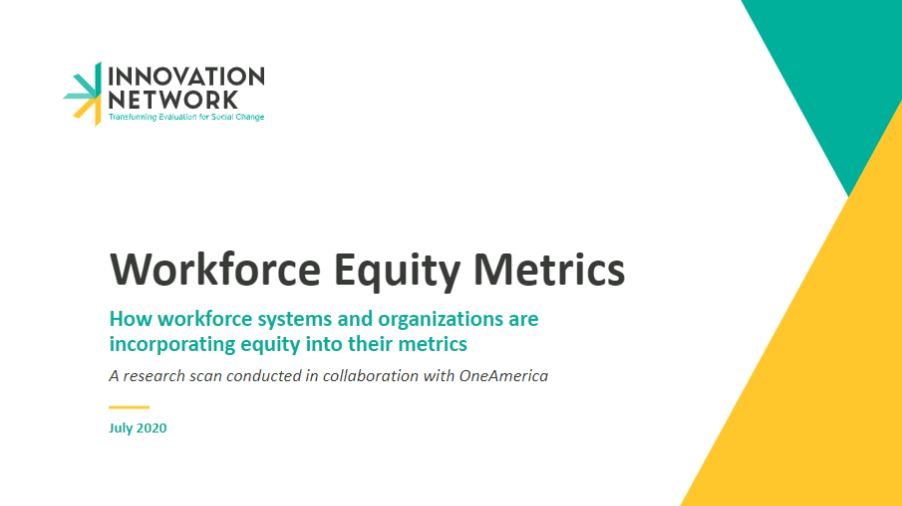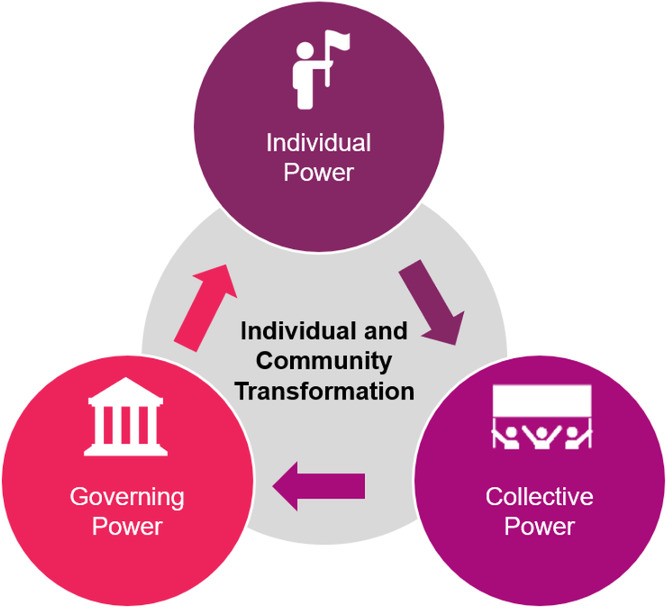Your browser is ancient! This site is not intended for display in out-of-date browsers. To access the site, please upgrade to a different browser.
Social Justice
Social justice values are inherent to many of the initiatives that we evaluate, including racial equity, immigration reform, and economic justice.
Our approach to evaluation incorporates a focus on social justice.
Social justice is based on the concepts of human rights and equality – the belief that human beings have the right to live a decent life, that they should have equal access to resources and representation, and that individuals, recognized in all of their diversity, should be able to advocate on their own behalf. Social justice principles are inherent to many advocacy efforts that attack the root causes of systemic inequities, aiming to break down the institutional barriers that keep groups disadvantaged.


